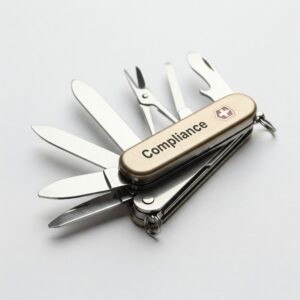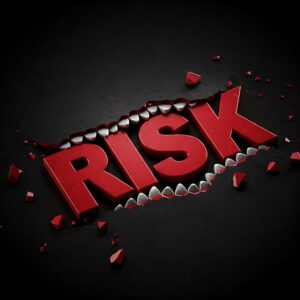In the world of compliance, due diligence, and risk management, the term Politically Exposed Person (PEP) is more than just jargon—it’s a critical concept for preventing financial crime. Whether you’re a financial institution, a business owner, or a compliance officer, understanding what a PEP is, why it matters, and how to identify them is essential. Let’s break it down.
Politically Exposed Person Definition
A Politically Exposed Person (PEP) is an individual who holds a prominent public position or has close ties to someone in such a position. Examples include government officials, senior politicians, high-ranking military officers, or executives of state-owned enterprises. Importantly, even family members and close associates of these individuals can be considered PEPs.
The reason PEPs are significant in the compliance world is that they pose a higher risk of being involved in activities such as bribery, corruption, or money laundering due to their influence and access to state resources.
Why Does Identifying PEPs Matter?
Failing to identify and appropriately handle PEPs exposes organizations to serious risks:
- Reputational Damage: Associations with illicit activities involving a PEP can harm an organization’s credibility.
- Regulatory Penalties: Non-compliance with PEP anti-money laundering regulations can result in hefty fines.
- Financial Risks: PEPs may misuse their power to launder funds, exposing financial institutions to significant losses.
Regulators worldwide require enhanced due diligence when dealing with PEPs. Screening for PEPs as part of your KYC (Know Your Customer) process is not optional—it’s a critical layer of protection.
How to Identify a PEP
Identifying PEPs isn’t always straightforward, but a combination of tools and techniques can help.
- Use a Politically Exposed Person List
Many organizations and governments maintain updated politically exposed person lists. These lists help compliance teams flag individuals who meet PEP criteria. Some widely used lists include databases from regulatory bodies, international organizations, and private compliance platforms. - Screening Tools and Software
Automated screening tools that integrate with PEP KYC processes are invaluable. These tools cross-reference client data with PEP databases to ensure no high-risk individuals slip through. - Manual Research
In addition to automated tools, manual research may be required to confirm someone’s status as a PEP, especially in jurisdictions where PEP lists are incomplete.
Resources for Screening PEPs
Here are some popular resources for PEP screening:
- World-Check: A database of high-risk individuals and entities, including PEPs.
- Dow Jones Risk & Compliance: A comprehensive database for due diligence.
- National or Regional PEP Lists: Many countries maintain their own lists, which can be valuable for local compliance.
- OFAC and Sanctions Lists: While primarily focused on sanctions, these lists often overlap with PEP screening needs.
When choosing a resource, ensure it’s updated regularly to capture any newly designated PEPs.
Mitigating Risks When Dealing with PEPs
After identifying a PEP, organizations should take steps to mitigate risks:
- Enhanced Due Diligence (EDD): Investigate the source of funds, transactions, and the PEP’s business relationships.
- Ongoing Monitoring: Regularly update PEP checks to ensure continuous compliance.
- Escalate Suspicious Activity: If you notice red flags, report them immediately to the appropriate regulatory authority.
Conclusion
Understanding and managing PEPs is a cornerstone of an effective compliance program. With the right tools, resources, and vigilance, organizations can protect themselves from financial crime and regulatory penalties. As the world becomes more interconnected, staying ahead in identifying and mitigating risks associated with PEPs is non-negotiable.







